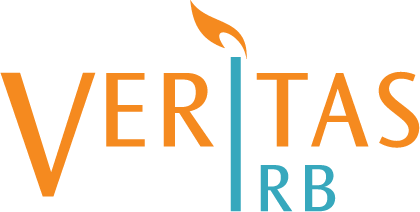This weekend, the Society of Clinical Research Associates (SoCRA) will host its 25th annual conference in Montreal, Quebec. As part of the conference, Veritas IRB will be reflecting on the experiences and challenges researchers face when conducting clinical trials across borders.
Very often researchers experience confusion, and even frustration, arising from the misinterpretation over how common clinical terms are understood in both countries.
Examples of common expressions having different meanings in both countries are numerous. For example:
-
Did you know that an investigator does not need to be a licensed physician or dentist to conduct a drug clinical trial in the United States while it is mandatory in Canada?
-
Did you know that while the FDA has a documented preference for placebo-controlled trials, Canadian normative documents tend to promote the conduct of active-controlled trials?
-
Were you aware that in Canada, unlike the United States, you cannot implement a study protocol amendment without first obtaining a formal regulatory authorization?
At the SoCRA conference we will explore how concepts like “qualified investigator”, “randomized controlled trial”, “compensation for injury”, “regulatory approval” and “safety reporting” can impact your study depending on which side of the border you conduct your study.
Ignoring these differences can negatively impact your study and may lead to confusion, delays and potential findings of non-compliance.
There are over a dozen similar examples that illustrate the differences in conducting transnational research in Canada and the United States. We will cover these topics as part of an upcoming blog series.
About the Author



